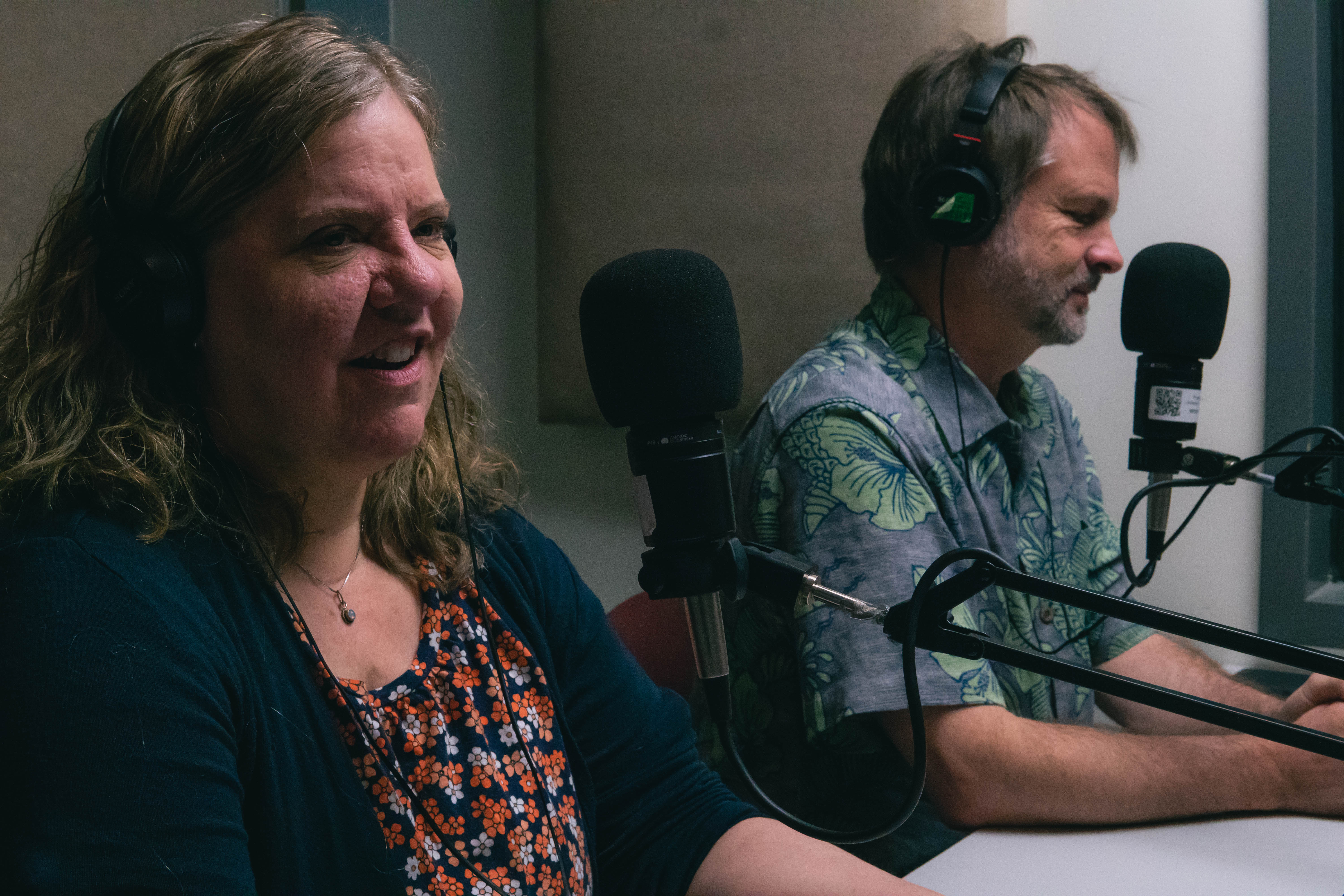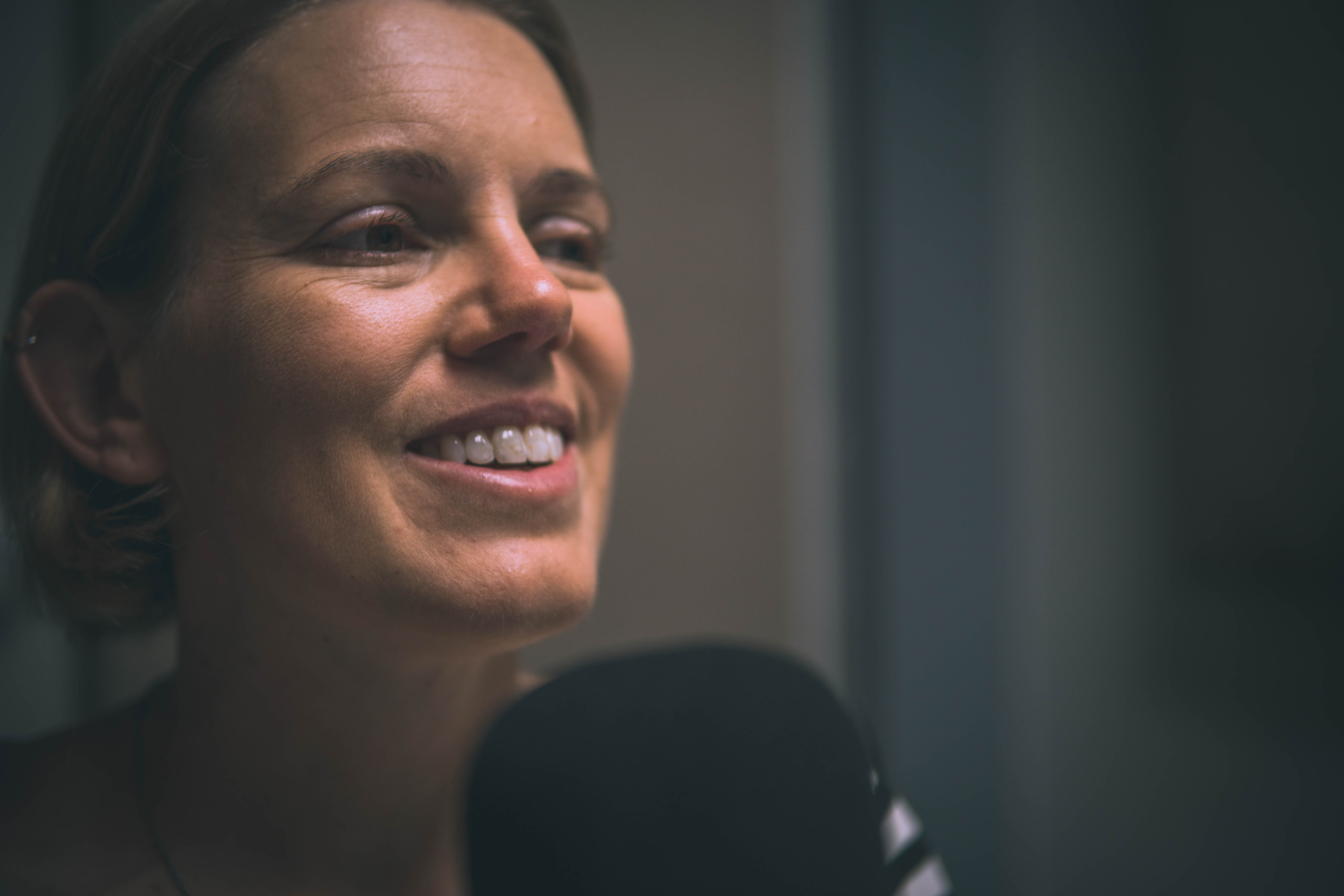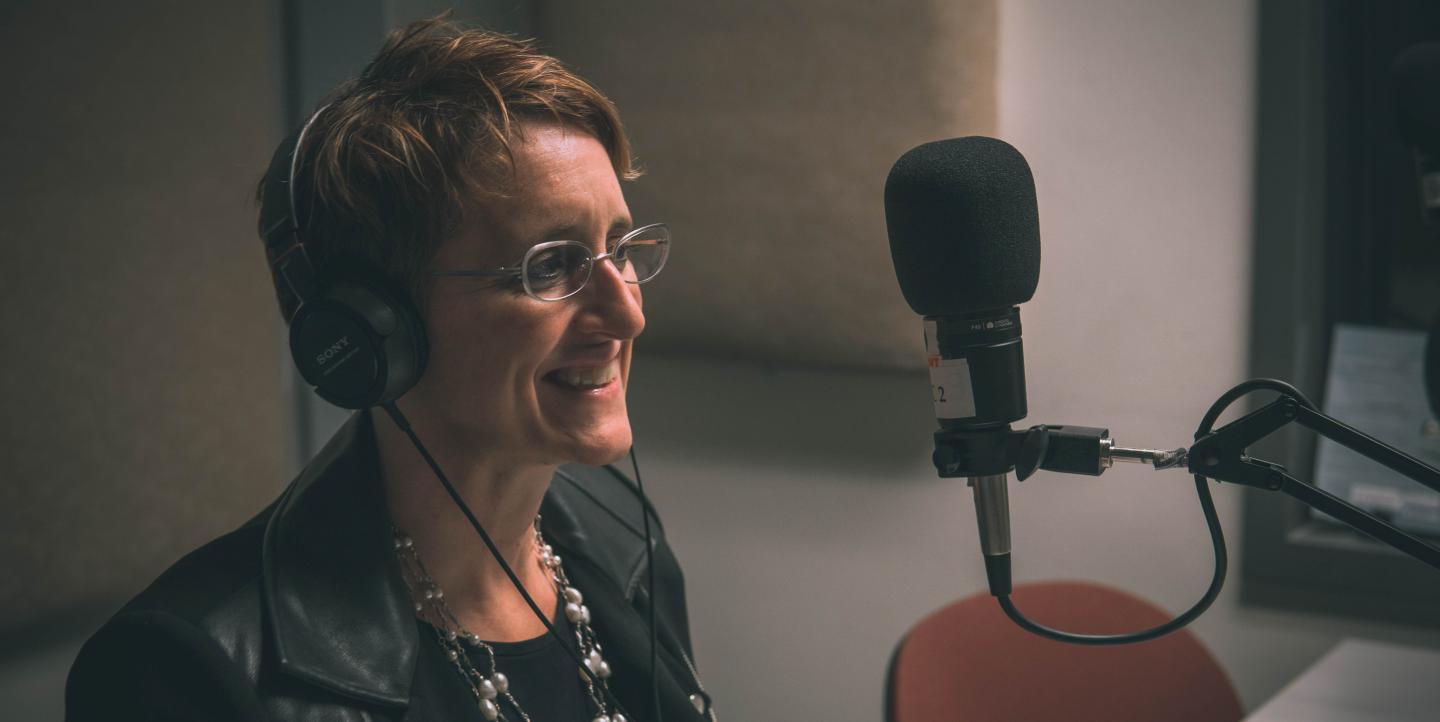What is it like to be a woman working in the media? In the first of a two-part series, four accomplished women editors, journalists and researchers discussed their experiences.
In this second piece, we share their recommendations for making a difference.
Based on interviews with McClatchy’s Mandy Jenkins (at the time a JSK Fellow at Stanford), award-winning data journalist Jennifer LaFleur, as well as the former journalists – and now J-School based researchers — Dr. Susan Robinson and Rosalind Donald, here are five recommendations to improve the experience of women in the media.
(1) Seek support, but also give it
Although women continue to make strides in the industry. According to the 2018 American Society of News Editors Newsroom Employment Diversity Survey, women make up about 41.7% of newsroom employees overall. This is up from 2017, when the survey showed women at only 39.1%.
However, challenges still exist in the field that has long been dominated by men. This includes pay inequality, online or offline harassment and more. Whether you’re in a position of power or not, listen to your colleagues. If they're struggling, offer advice or resources to help them along.
Jennifer LaFleur reminded us of the importance of being a mentor, whether formally or informally, to others. Organizations like Digital Women Leaders, and the Journalism and Women Symposium provide women a platform to mentor up-and-coming journalists.
There are also several organizations designed to support women in the journalism industry.
Supporting these organizations can be great for collaboration, building professional networks and learning from each other. Having supportive female mentors and working toward common goals can help provide a safe space for women journalists to grow.

(2) Lift others up
Once you’re in a position of power, do what you can to bring other women up with you. While many newsrooms are making an effort to ensure greater gender parity in the newsroom, it does not always translate into senior positions — especially for women of color.
Newsrooms need to shift their culture to be more supportive of women and other minorities. The majority of most media institutions’ workforces, for example, are white and male. Recognizing this, female editors can take the lead in creating a more inclusive environment which can inspire — and dare we say it, shame — others into doing things better.
Lifting others also means being supportive of other women’s choices. No matter the situation or reason, ageism and motherhood can cause divides and judgement issues among women in newsrooms. “It's important to recognize the unequal burden women can face,” Columbia J-Schools Rosalind Donald said. Other women can play a key role in calling this out.
(3) Build a network
Journalism is a competitive environment, but instead of falling into this, Susan Robinson urges women in journalism to build networks and connect with one another across the industry.
Building a network of women at all levels of the media industry can help create a supportive environment that allows other women to create job connections. One example is a power circle, which is a facilitated group of women that meet to support each other’s leadership goals.
“There’s something about female power circles that are so key to our success,” Robinson said. “Supporting each other in networks and shared experiences is how we move forward.”

(4) Practice Shine Theory
Competitiveness in newsrooms can lead to a toxic environment, which can lead to situations where women put down other women in order to get ahead. Whether it’s ageism, or a lack of support for women of color, it sets all women in the industry back.
Instead, women should practice Shine Theory, as laid out by Ann Friedman in a 2013 article for The Cut. According to the theory, women are able to shine and be successful when other women around them shine as well.
Commending women on a one-to-one basis, as well as in front of others, is very important for building relationships and increasing morale, Mandy Jenkins advises.
This is exacerbated in the digital age, where many female journalists face constant harassment online. Making the effort to highlight another woman’s work in public, with your industry peers and on social media setting is key. It’s harder to ignore multiple voices supporting each other.
(5) Don’t be afraid to push back
Sexism in the newsroom is nothing new, even if it looks different over time. Many women have faced, and continue to face, issues of harassment and pay gaps. Fighting back against hostile environments and unequal treatment can be difficult and intimidating. Because women have to fight for power, it might make them even more afraid to lose it.
However, women that have a platform have a responsibility to stand up for their colleagues, especially women, and push others around them to treat women better. If a male colleague or mentor says something that is objectionable or judgmental about another woman, speak up. Just assume because you’re in the “in-crowd” doesn’t mean that you can’t push back. In fact, it means you should.
“It’s our responsibility to make everyone better,” Mandy Jenkins said. “Even if that might threaten our own position sometimes.”
This article was written with additional reporting and support from Damian Radcliffe, the Carolyn S. Chambers Professor in Journalism, and a Professor of Practice, at the University of Oregon.
Destiny Alvarez is a journalist based in Portland, Oregon. She graduated from the University of Oregon School of Journalism and Communication (SOJC) with a Master’s in Journalism in 2019. Alvarez served as the Spring 2019 Demystifying Media Intern and the 2019 Charles Snowden Program for Excellence in Journalism intern for The Register-Guard in Eugene, Oregon.
Main image shows Dr. Susan Robinson, courtesy of OR Media.

